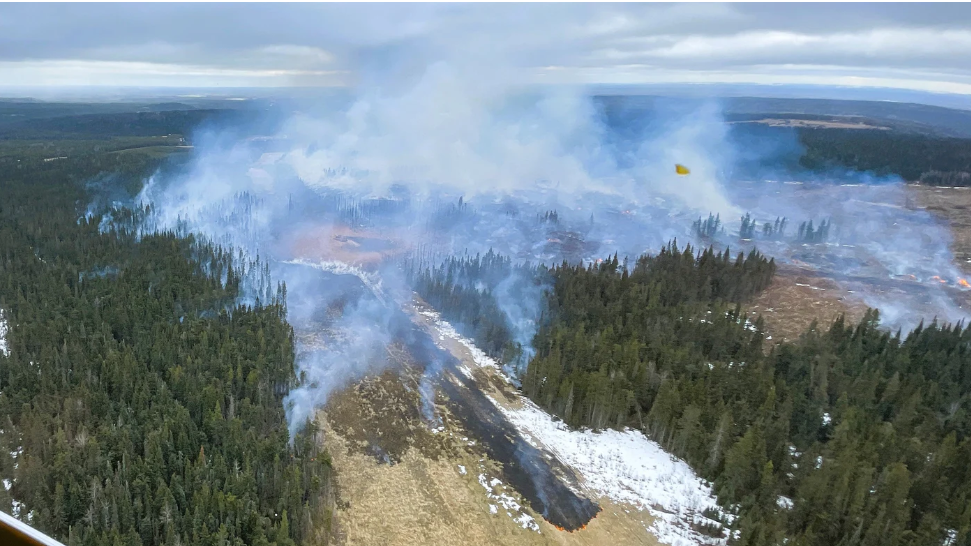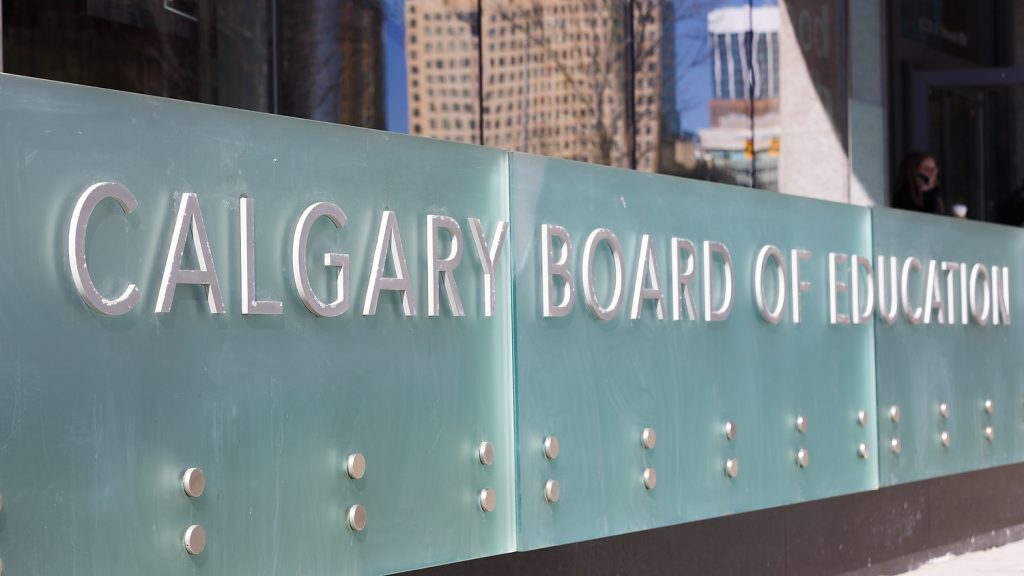B.C. fuel restrictions, provincial state of emergency extended until Dec. 14
Posted Nov 29, 2021 1:41 pm.
Last Updated Nov 29, 2021 8:57 pm.
B.C.’s south coast will remain under fuel restrictions for two more weeks, as storms continue to hamper the movement of gas across the province.
The measure, which limits non-essential drivers to 30 litres of gas per visit, was first introduced on Nov. 19 after catastrophic flooding shut down major routes in and out Metro Vancouver. The order has been extended until at least Dec. 14.
“This order applies in the Lower Mainland to Hope region, Sea to Sky region, the Sunshine Coast, Gulf Islands, and Vancouver Island,” Public Safety Minister Farnworth said Monday, adding the storms continue to pose challenges for Trans Mountain and the transportation of fuel across B.C.
“The fuel conservation measures are working,” Farnworth said, asking British Columbians to remain patient.
“We need to stay the course for another two weeks until we have the Trans Mountain pipeline back online. We need to ensure our supply chains and emergency services have the fuel that they need to function.”
Related articles:
-
B.C. reopens Highways 3 and 99 to essential travel after weekend storm
-
Abbotsford builds dam, braces for more flooding amid series of storms
Farnworth emphasizes the fuel conservation measures are temporary.
“We will drop these measures as soon as we are able to,” he said. “I also want to assure British Columbians that fuel is coming in by barge and by rail. But for now, until the pipeline supplies are back up and running, we need to stay the course.”
“With the holidays approaching, I understand that people have concerns about being able to travel to see family and friends … We are working to make good progress in repairing travel corridors in the days and weeks. Again, at this time, the priority for fuel needs to be given to commercial and essential vehicles to reconnect communities that have been cut off and to deliver goods and services that we all depend on.”
Energy Minister Bruce Ralston on fuel supply: thanks to everyone's fuel conservation efforts, we've been able to maintain steady supply…says fuel restrictions are being extended due to uncertainty about what Tuesday's storm will mean for roads/rails/pipelines. #bcpoli #BCFloods
— Martin MacMahon (@martinmacmahon) November 29, 2021
Energy Minister Bruce Ralston says the restrictions have allowed the province to “maintain a steady fuel supply to the region.”
“Retailers acted quickly to manage the fuel restriction order. In some cases, retailers have set an automatic cut off related to the price of the pump, consistent with 30 litres or less of gas. We’ve also seen British Columbians act calmly and rationally at the pumps, taking only what they need when they need it.”
The order includes diesel, but does not include natural gas or heating oil used to heat homes.
Vehicles exempt from gas restrictions:
- Emergency service vehicles (fire, police, ambulance and health care including urgent medical treatment)
- Public transit vehicles
- Commercial transport trucks – critical goods and services (food and beverage, health care, safety)
- Refrigerated trucks
- Potable water delivery/wastewater service
- Grocery delivery
- Road repair, maintenance and recovery vehicles/tow trucks
- Military vehicles
- Critical infrastructure, construction and repair vehicles
- Home-care workers
- Municipal services vehicles
- First Nations government services vehicles
- BC Ferries/Coast Guard/tugboats/marine emergency/pilot boats
- Canada Post and other couriers/package delivery vehicles
- Vehicles for the provision of critical government services
- Airport authority vehicles and air travel
- Waste disposal/recycling
- BC Hydro, Fortis and other heavy-duty and light-duty utility vehicles
- Telecommunication repair and installation vehicles
- Fuel delivery trucks and boats
- School buses
- Taxis
- Agricultural and farm-use vehicles, including vehicles supporting flood response
- Veterinarians supporting flood response
- Inter-city buses
On Monday, the province reopened sections of Highways 99 and 3, which were proactively closed Friday ahead of the weekend storm. However, they remain restricted to essential travel only.
B.C. extends provincial state of emergency
The provincial state of emergency due to flooding has also been extended through to the end of day Dec. 14.
“Extending the state of emergency will support the ongoing response and recovery from the widespread damage already caused by flooding while positioning us to take all necessary steps in the days ahead.”
A third storm is expected to bring more heavy rain to the region in the coming days.
Warning there are still “big challenges ahead” in the coming week, he urged British Columbians to pay attention to weather forecasts and road closures.
“Listen to your local governments and authorities, especially if evacuation alerts or evacuation orders are issued. Anyone under an evacuation order should leave the area immediately.”
Related article: ‘I don’t want anybody to die’: Abbotsford mayor pleads with Arnold residents who refuse to leave
On Sunday, the Nooksack River in Washington state breached its banks. The area’s flood siren could be heard in parts of Abbotsford.
“These storms have impacted thousands of people and continue to cause devastation and loss. Thousands remain away from their homes and communities and continue to grapple with extensive damage. This recovery will take time,” Farnworth said.










